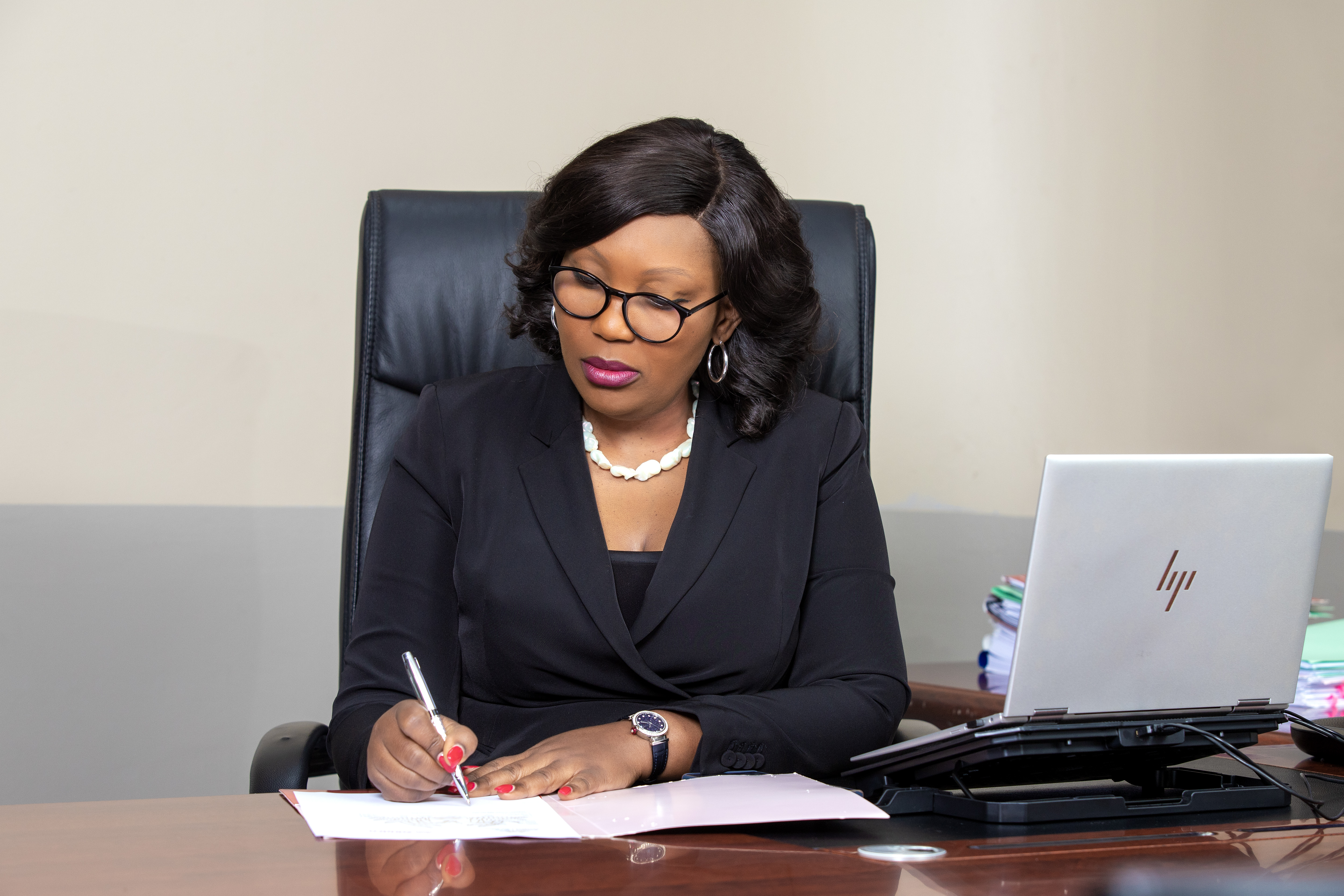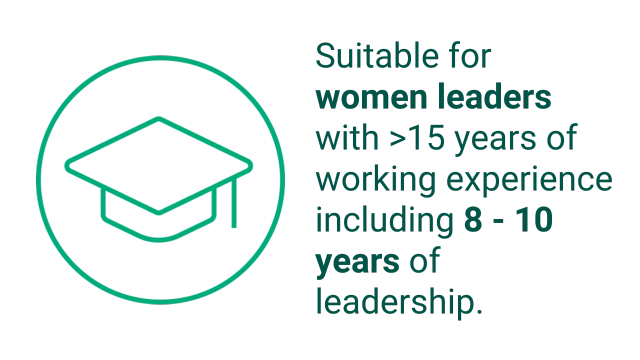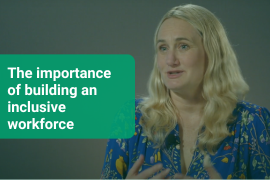Leaders have a responsibility to determine the best way forward and to model the kinds of values, strengths and possibilities that inspire others to follow suit, even in adversity. And that’s who I am, as a woman and as a leader.
It’s a role that I have held since October 2020, and one that comes with tremendous responsibility - Not least, because of the visibility I have as a role model for other aspiring female leaders.
I took up this landmark role in the very midst of the Covid-19 pandemic, a time of extraordinary uncertainty and turbulence. What helped me weather this storm and cleave to my vision for the bank, is an unwavering commitment to diversity, and the belief that “difference makes us stronger.”
What role do senior leaders play in fostering an inclusive environment that empowers women?
How have you used your influence to support other women in achieving more in their careers?
I have leveraged my platform to develop initiatives that promote women's professional growth, such as workshops and networking events, aimed at equipping women with the necessary skills and connections to excel in their careers.
What tangible steps can organisations take to create a culture of equality at the leadership level?
Organisations can foster a culture of equality by implementing mentorship programs, establishing diversity-focused hiring practices, and conducting regular training sessions on unconscious bias.
Additionally, setting measurable targets for gender diversity across all leadership levels can enhance accountability. In Zambia, companies that have adopted gender diversity strategies have reported increased employee engagement and retention rates.
What advice would you give to those looking to champion women’s leadership in their organisations?
I encourage leaders to be proactive in promoting women’s leadership by advocating for policies that support work-life balance, recognising and rewarding female talent, and creating platforms for women's voices to be heard. Recent trends indicate that organisations led by women are performing exceptionally well; for example, two of the top three commercial banks are female-led.
I firmly believe that organisations with strong female leadership not only achieve better financial outcomes but also contribute to a more equitable society.
More information about the programme Mukwandi attended:
INSEAD's Women Leaders Programme creates a unique forum where senior women leaders can address unique challenges they encounter, enhance their leadership impact and achieve lasting personal and professional growth.
Programme benefits













